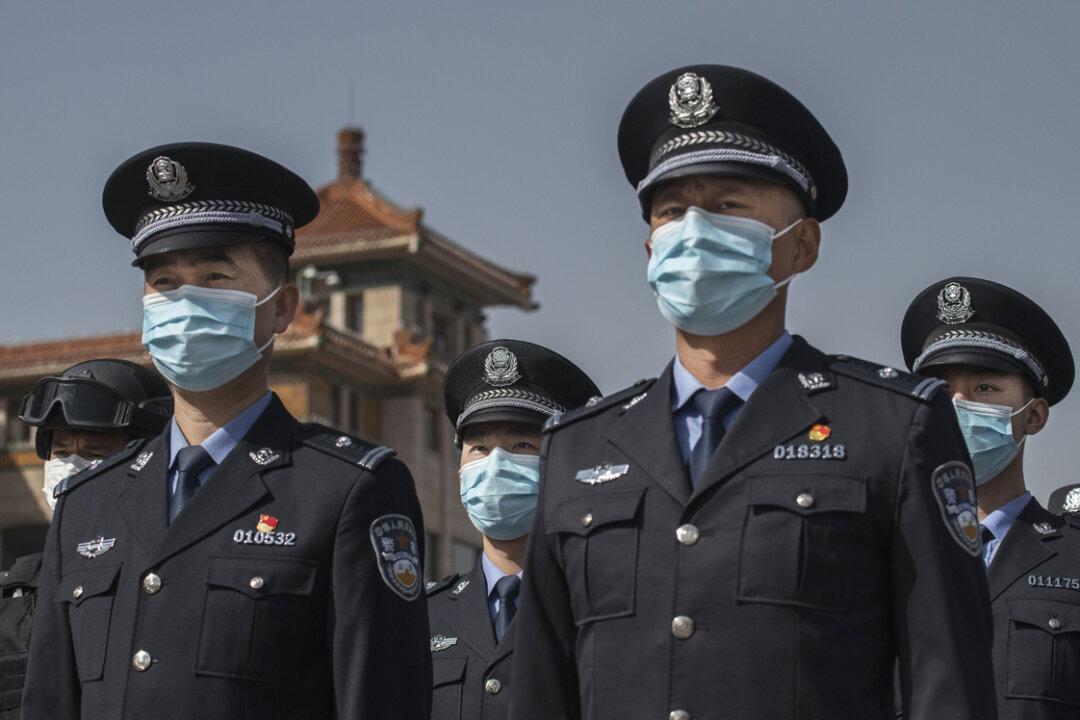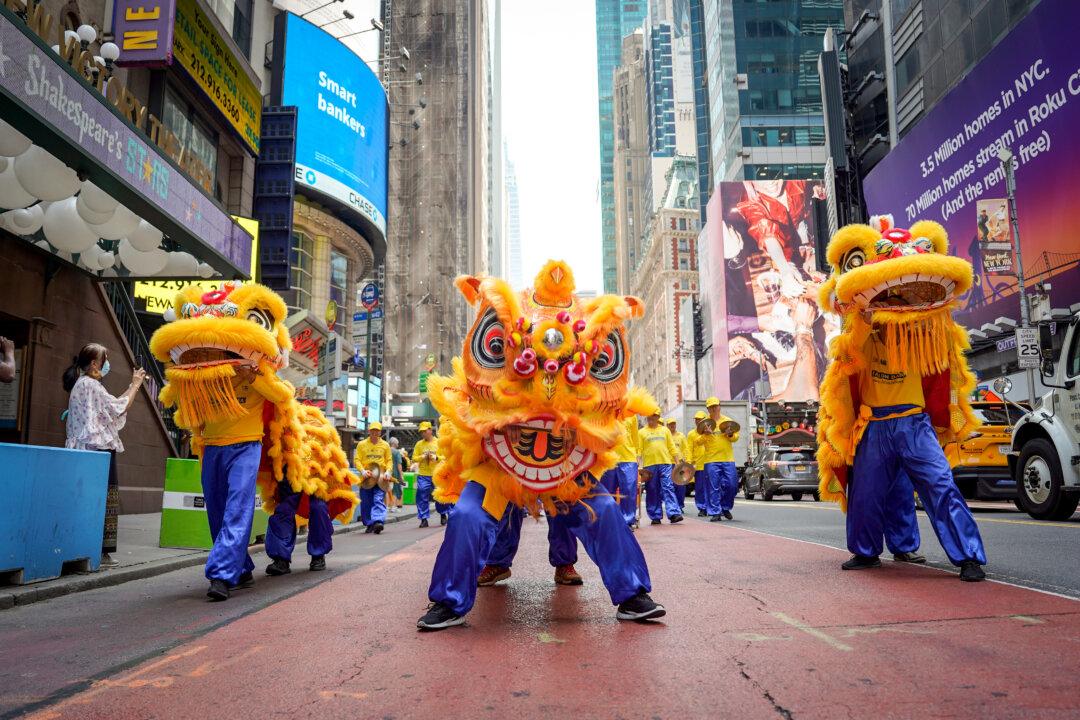Australian authorities remain unconcerned about Beijing’s overseas police stations on the country’s soil, while the United States and Canada are taking action.
In late 2022, two Chinese police stations identified in Australia by the international human rights group Safeguard Defenders drew wide public concern.




